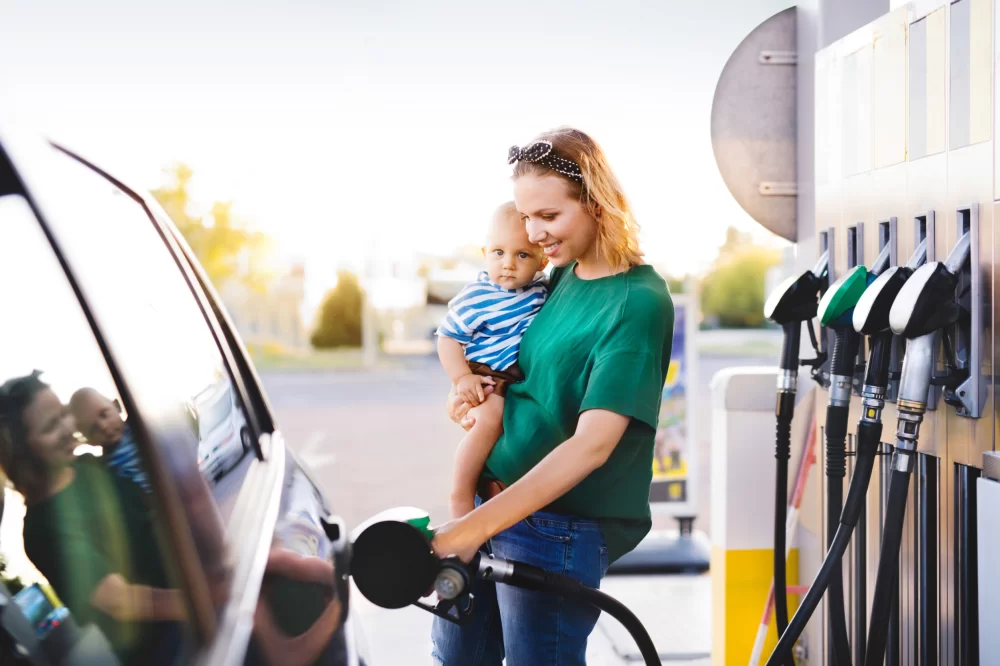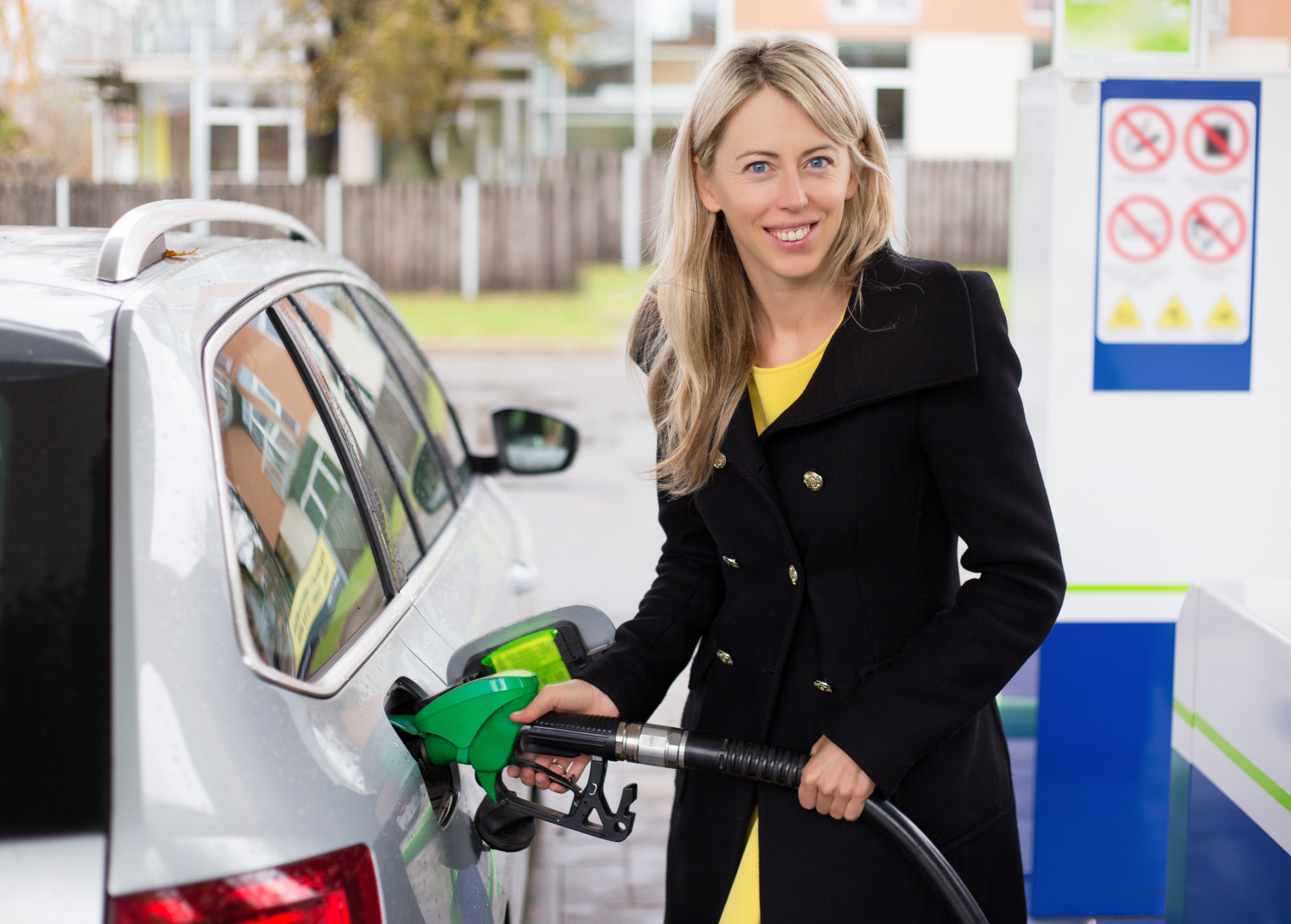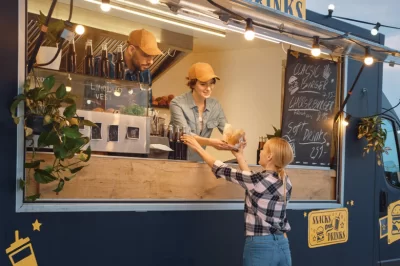Why Buying a Petrol Station Could Be a Smart Business Move

Why Buying a Petrol Station Could Be a Smart Business Move
Looking to invest in a business that has steady demand and a reliable customer base? Petrol stations or as we Aussies call them "servos" might be one of the best options.
With fuel being a non-negotiable expense for most households and businesses, servos provide a constant stream of customers who aren’t just topping up their tanks but also grabbing snacks, coffee, and essentials along the way.
Fuel isn’t going out of fashion anytime soon. While there’s plenty of buzz around electric vehicles, they’re still not a viable option for many Australians. In fact, EV sales have dropped 27.2% year-on-year, with thousands of unsold Teslas reportedly piling up in Melbourne. Until infrastructure catches up and consumer demand stabilises, petrol stations will continue to be a critical part of everyday life.
With Australia's long distances and expansive road network, fuel is more viable. Whether it’s commuters rushing to work, road trippers chasing the coast, or truckies keeping the country running, the demand for petrol remains high. But modern servos aren’t just about fuel—they’ve evolved into mini convenience hubs, offering everything from barista-made coffee to full fast-food menus, giving business owners multiple revenue streams.
According to the 2022 Australian Census, the average Aussie household owns 1.8 cars, and driving remains the primary mode of transport nationwide. This reliance on vehicles means petrol stations are essential for keeping the country moving, making them a solid business investment with long-term viability.
If you're considering buying a fuel station, here are a few reaons why they are still a hot business option.
Multiple Revenue Streams
Gone are the days when petrol stations were just about filling up your tank. These days, big names like BP, Shell, Caltex, and Ampol offer way more than just fuel:
-
Supermarket Basics: Petrol stations today are fully stocked convenience stores that cater to the everyday needs of their customers. You’ll find a variety of snacks, drinks, and other essentials like toiletries, cleaning products, and even pet food. This shift towards offering more than just fuel allows stations to capture more foot traffic, catering to customers who need to grab a quick snack or replenish household goods while fueling up.
-
Car washes: Many fuel stations have taken advantage of the need for quick, convenient car care by adding car washes to their offerings. Whether it's a simple exterior wash or a more premium service, this is a great add-on for petrol stations looking to increase their revenue. The recurring nature of car washes, with customers returning every few weeks, can ensure a steady stream of additional income.
-
Food and coffee: Brands like Wild Bean Café (BP) and Shell’s Coles Express make grabbing a coffee and a bite to eat super convenient. The food offerings range from simple grab-and-go sandwiches and salads to hot meals, making petrol stations a convenient stop for a busy tradie or mum late to her school run.
-
EV charging stations: With electric vehicles (EVs) becoming more popular, petrol stations are adapting to the changing market by adding EV charging stations. With the rise in environmentally-conscious consumers and governments pushing for cleaner energy solutions, the integration of EV charging stations is a great idea. This also opens up the potential to attract a new customer base, electric car owners, while positioning these stations as forward-thinking and responsive to industry shifts.
With these extra income streams, petrol stations can stay profitable even if fuel margins fluctuate.
Franchised vs. Independent
Thinking of buying a fuel station? You’ll generally have two options:
-
Franchised petrol stations: Partnering with brands like BP, Shell, or Ampol gives you instant brand recognition, support, and marketing power. As part of a franchise, you’ll get access to bulk fuel purchasing, national marketing campaigns, and established supplier relationships. However, franchise agreements often come with restrictions, such as set fuel pricing, supplier contracts, and franchise fees, which can cut into profits.
-
Independent petrol stations: You get more control over pricing, suppliers, and the products you stock. Independent servos can negotiate their own fuel supply deals, stock local or specialty products, and set their own promotions. This flexibility can lead to higher profit margins, but it also means you won’t have the same brand recognition or support as a franchise.
Both options have their advantages. If you want a business with a built-in customer base and structured support, a franchise might be the way to go. If you prefer more control and flexibility over your operations, going independent could be the better choice.
An important thing to consider is that petrol stations are usually in high-traffic areas, on highways, busy intersections, or in the heart of the suburbs. Whether people are filling up before work or grabbing a snack on a long drive, a good location means a steady flow of customers
Why a Petrol Stations Could be a Better Option
Compared to other retail businesses, servos have a unique advantage in that they provide an essential product (fuel), that people need regularly. Unlike cafes or small retail shops, where sales can fluctuate based on trends and seasons, petrol stations have a more consistent cash flow.
Additionally, petrol stations often operate 24/7, meaning they have the potential for round the clock revenue, unlike other businesses that may only be open during standard hours. Their diverse product range, fuel, food, coffee, and auto related services also makes them more resilient in times of economic downturn compared to single product businesses like coffee shops or bakeries.
Petrol stations also benefit from repeat customers who need to refuel weekly or even daily, which builds a loyal customer base over time. Unlike a typical retail store where customer visits may be less frequent, petrol stations naturally encourage repeat business due to necessity.
Do Your Homework Before Buying
Before diving in, make sure you check out the financials, lease agreements, and supplier contracts. A solid Information Memorandum will give you key details on the business’s performance, lease terms, and operations. Learn more about why it’s important here.
Also, take a close look at how the business runs. Good systems and processes make a massive difference, so you’ll want to assess them properly before you buy. Check out some expert tips here.
How To Fund Buying a Petrol Station?
Buying a fuel station is a big investment, so sorting out your finance options is crucial.
Traditional business loans from banks are a common choice, but petrol stations can be a bit tricky to finance due to their high costs and environmental considerations. Lenders often look at factors like lease agreements, fuel supply contracts, and business profitability before approving a loan.
Some buyers choose vendor finance, where the seller helps finance part of the sale. Others go for commercial property loans if they’re purchasing the freehold.
Understanding the business’s cash flow is key to making sure it can support loan repayments, as well as identifying any potential risks and growth potential. It's important to reach out to a professional when buying any business.
Depending on your location and circumstances, you may also find you are eligible for government grants and programs. For example the Energy Efficiency Grants for Small and Medium Sized Enterprises program offers grants between $10,000 and $25,000 to support businesses in upgrading or replacing inefficient equipment to enhance energy efficiency. While the second round closed in April 2024, it's advisable to monitor for future rounds.

Check Out Fuel Stations for Sale
If you’re keen to buy a fuel station, check out what’s available on Bsale here. With steady demand, great locations, and multiple income streams, a servo could be the perfect business opportunity for you!
7-Eleven Convenience Store – Frankston, VIC – $690,000
Thriving 7-Eleven franchise with $3 million turover in a prime high-traffic location. Backed by strong company support, training, and marketing. Ideal for a hands-on owner or family team looking to maximize profits.
Independent Service Station – North Mid-West NSW – $895,000 + SAV
Fantastic service station with 214,000L in fuel sales and shop sales of up to $183,000 per month. Features lotto, gas refills, and a fully upgraded setup. Operates 5AM- 10PM, with potential for 24/7 trading. Full training provided.
High Revenue Service Station – Brisbane – $1,000,000 + SAV
Independent service station with $6M+ annual sales. Features fuel, kebab shop, hot food, gas refills, and trailer service. Operates under management with $28.3K/month net income, or $38K+ for an owner-operator. Long head lease, full training provided.
Dealership Astron Petrol Station – Melbourne’s South-Eastern Suburbs – $250,000 + SAV
Great opportunity to own a petrol station with reliable income and profits. Fuel sales: 175,000L/month, shop sales: $55,000/month. Low rent, easy operation, and potential for growth. Currently under management, full training included.
Service Station – Regional NSW – $650,000
This well-established petrol station has been in operation for over 20 years. Located in a prime area, it sells approximately 200,000L of fuel per month and features a convenience store with monthly sales of $100,000. The business operates on a rent-free agreement with Metro Petroleum.
Tags: listicle buying small business
About the author

Catherine Mangana
Customer Support
Catherine enjoys generating articles that highlight some of the opportunities that are now available for purchase on Bsale. She hails from a family of ...









